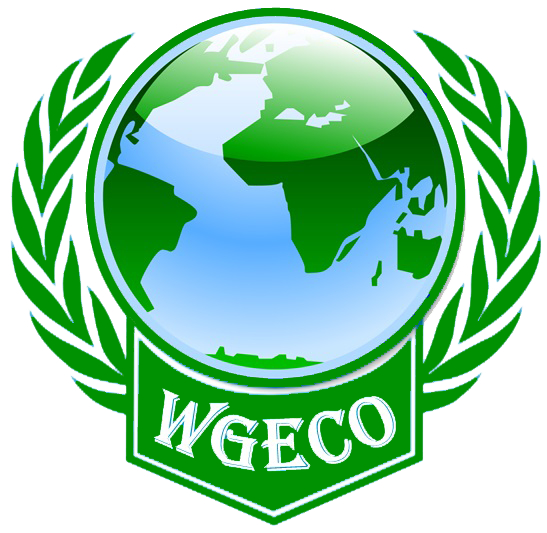Green Industry

In the last few years, keeping with its mandate, WGECO coined the concept Green Industry to place sustainable industrial development in the context of new global sustainable development challenges.
Green Industry means economies striving for a more sustainable pathway of growth, by undertaking green public investments and implementing public policy initiatives that encourage environmentally responsible private investments.
Greening of Industry is a method to attain sustainable economic growth and promote sustainable economies. It includes policymaking, improved industrial production processes and resource-efficient productivity.
WGECO creates awareness, knowledge and capacities. We work with all stakeholders to support industrial organizations that in turn provide assistance to enterprises and entrepreneurs in all aspects relating to the greening of industry. Following is a brief overview of the sectors within which we work.
Resource Efficient and Cleaner Production (RECP):
Taking care of materials, energy, water, waste and emissions makes good business sense. RECP is the way to achieve this. RECP covers the application of preventive management strategies that increase the productive use of natural resources, minimize generation of waste and emissions, and foster safe and responsible production.
Cleaner Production (CP):
RECP uses CP to accelerate the application of preventive environmental strategies to processes, products and services, to increase efficiency and reduce risks to humans and the environment. It addresses, a) Production Efficiency: optimization of the productive use of natural resources (materials, energy and water); b) Environmental management: minimization of impacts on environment and nature through reduction of wastes and emissions; and, c) Human Development: minimization of risks to people and communities and support for their development.
The Stockholm Convention and Persistent Organic Pollutants (POPs):
The Stockholm Convention is a global treaty to protect human health and the environment from chemicals, Persistent Organic Pollutants (POPs), that remain intact in the environment for long periods of time, become widely distributed geographically, accumulate in the fatty tissue of humans and wildlife, and have adverse effects to human health or to the environment
The Montreal Protocol (MP):
The Montreal Protocol is an international environment treaty designed to protect the ozone layer by phasing out the production of a number of substances believed to be responsible for ozone depletion. Since 1989, a time table establishes the different phase-outs; for example, it has been agreed to initially phase-out hydro-chlorofluorocarbon (HCFC) – a chemical compound containing hydrogen – by 2015, with a final phase-out by 2030.
In its daily work, WGECO focuses on cost-effective ways to reduce ozone-depleting substances (ODS), such as freons, halons and chlorofluorocarbons (CFC), in the areas of refrigeration, plastic foams, halons, solvents, fumigants and aerosol.
Chemicals Management:
WGECO works with projects, policies and regulations, institutions and sectoral capacity-building, development of preventative approaches and new business models such as Chemical Leasing, to assist enterprises reducing risks and impacts associated to the use of chemicals.
Chemical Leasing (ChL):
Chemical Leasing (ChL) is a strategy which creates a business environment to tackle the challenges of the changing global context and offers solutions for sound management of chemicals and reduction of emissions to the environment.
Corporate Social Responsibility (CSR):
Nowadays, requirements for the integration of environmental concerns, human rights issues, fair labour conditions and good governance in industrial development are significantly affecting the business sectors in developing and transition countries. This is referred to as Corporate Social Responsibility (CSR).
In this context, WGECO works on a framework for small- and medium-sized firms (SMEs) that helps translate CSR principles into a relevant SME perspective, thereby enhancing their competitiveness and market access.
